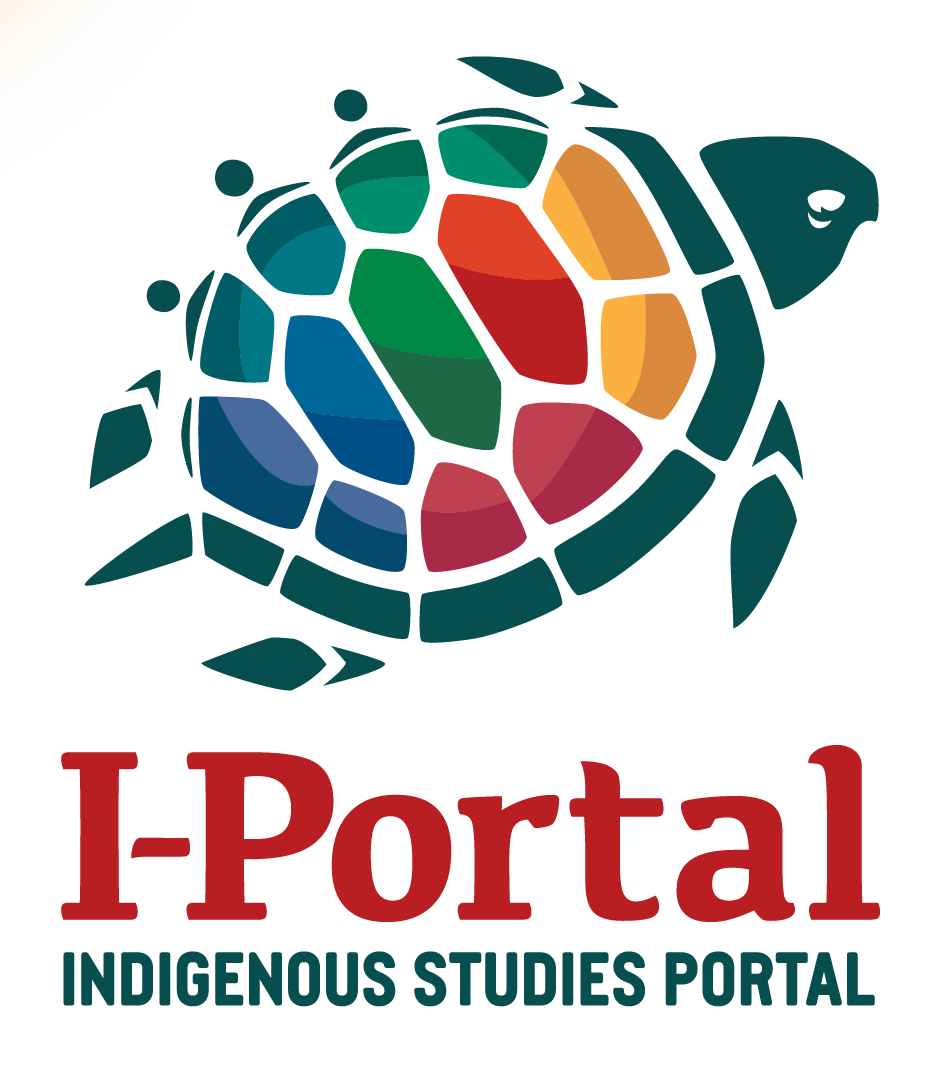Teaching Indigenous Methodology and an Iñupiaq Example
Articles » Scholarly, peer reviewed
Author/Creator
Maureen P. Hogan
Sean A. Topkok
Decolonization, vol. 4, no. 2, 2015, pp. [50]-75
Description
Professor (Hogan) explains how and why she teaches Indigenous epistemology in her graduate field-based research methods course and reflects on whether she has done it successfully. Recent doctoral student (Topok) explains how he developed his research method, Katimarugut, in the class.
